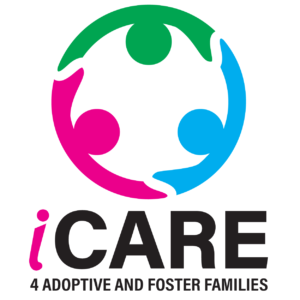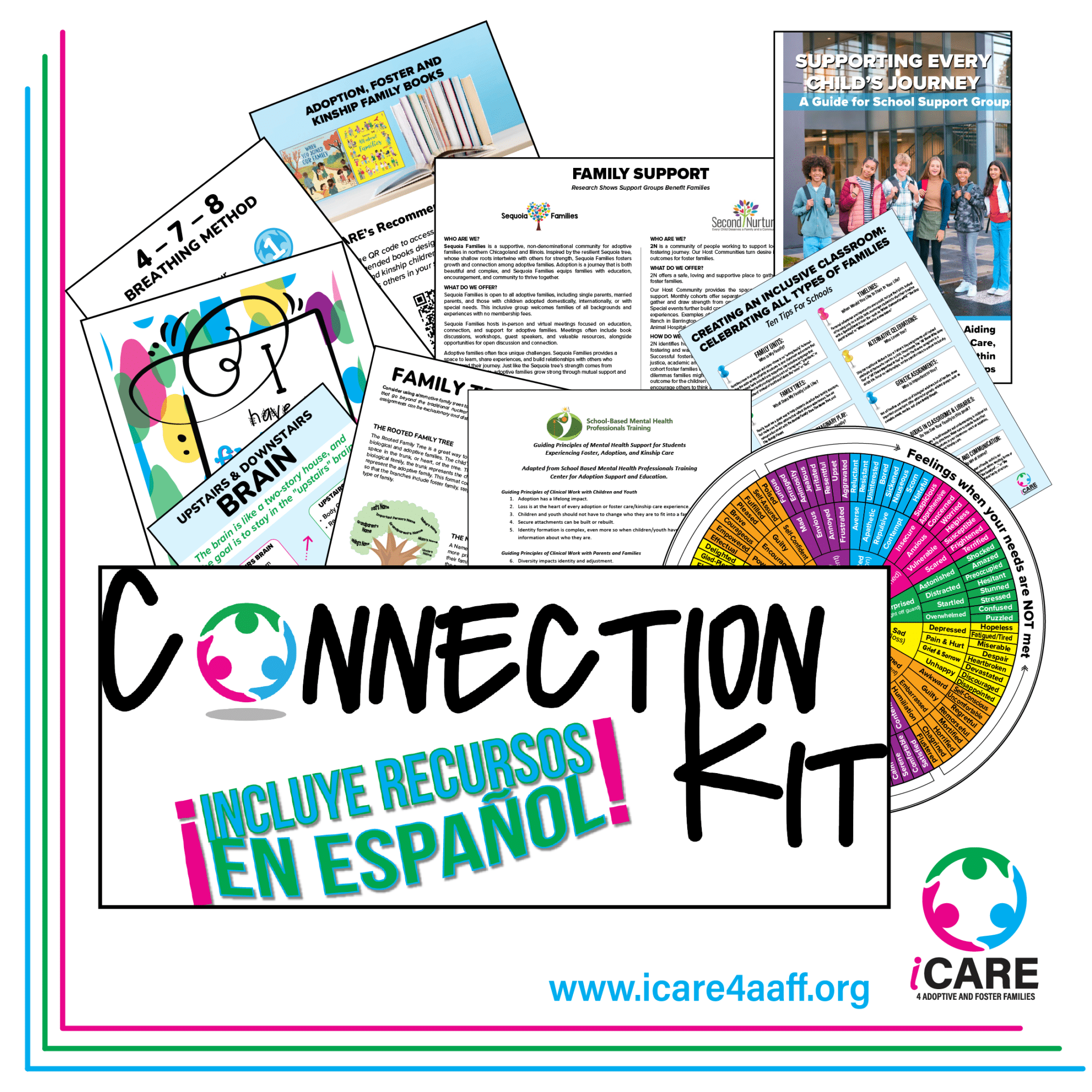
Learn more here...
Because NTI is focused on providing skills, tools and resources that professionals can use in their work, a condensed shortened training is not possible. Many of the questions and answers you may have about it can be found below.
Right time Training is virtual topic-based training that can be accessed anytime. There are 15 components that can be viewed separately on an as needed basis or sequentially.
Core Teen Training is virtual topic-based training focusing on teens that can be accessed anytime. There are 8 modules that can be viewed separately as needed or sequentially.
TBRI® training is comprehensive caregiver training facilitated by Adoption Competent professionals who also support in implementing trauma informed care within your family.TBRI® consists of three sets of harmonious principles: Connecting, Empowering, and Correcting. These principles have been used in homes, schools, orphanages, residential treatment centers and other environments. They are designed for use with children and youth of all ages and risk levels.
The training was funded through adoption funding and grants in partnership with the Center for Adoption Support and Education (C.A.S.E.) and entitled “Adoption Competency”.
The curriculum covers a broad spectrum of components related to family permanency from a trauma-informed perspective.
It addresses any child who has suffered displacement or disruption in attachment including youth in care, guardianship, kinship care, blended families, divorce, problems relative to attachment and bonding, grief and loss and identity formation.
Training for Mental Health Professionals is focused on clinical practice in an office/practice setting. It includes more content on diagnosis and treatment planning, and more detail about interventions. Focus is on work with parents and children. It is currently approved by the National Association of Social Workers.
School-Based Training for Mental Health Professionals is focused less on diagnosis and treatment and more on what to say and do with students, parents and caregivers. It also covers how teachers and educators can support children in the classroom. It is currently approved by the National Board of Certified Counselors.
- Social Workers
- Psychiatrists
- Psychologists
- Mental Health Counselors
- School administrators, deans, academic advisors and principals
- Any school based mental health professional including social workers, psychologists, therapist, behavioral interventionists etc.
- Teachers and teaching assistants
The School-Based Training for Mental Health Professionals is appropriate for any professional working with youth experiencing adoption, foster care or kinship. It addresses clinical issues, but the resources, tools and strategies are appropriate for a wide range of people.
It’s geared towards educational professionals but appropriate for a wide variety of professionals.
There are no other web-based trainings that focus specifically on addressing the mental health needs of this population of children for school-based mental health professionals. A condensed three-hour training would be great, but it is not just about knowledge – it’s focused on providing skills, tools and resources that professionals can use in their work.
These issues are very nuanced and the issues that children and families experience are often very complicated. Many think they know about loss and grief from their own death and divorce experiences or coursework… but that is very different from the ambiguous loss and disenfranchised grief that children separated from their birth families and who don’t know much about their identities experience.
We believe it provides a comprehensive understanding of the needs and experiences of the population and skills and tools to meet those needs. There are also opportunities for coaching and learning in a learning cohort model (led by implementation specialists) so professionals can apply what they learned in practice.

